List of African Countries That Gained Independence in 1960 Like Nigeria
- The year 1960, the same year Nigeria gets her independence, has always been referred to as the “Year of Africa” because of the series of events that took place during the years
- The year was significant because no less than 17 African countries highlighted the growing pan-African sentiments in the continent, Nigerian Tribune reported
- Between January and December 1960, 17 sub-Sahara African countries, 14 of which are French colonies, gained their independence from their former European colonial masters
PAY ATTENTION: Сheck out news that is picked exactly for YOU ➡️ find the “Recommended for you” block on the home page and enjoy!
Chronologically, the nations included Cameroon, Togo, Madagascar, The Democratic Republic of the Congo, Somalia, Benin, Niger, Burkina Faso, Ivory Coast, Chad, the Central African Republic, The Republic of the Congo, Gabon, Senegal, Mali, and Mauritania.
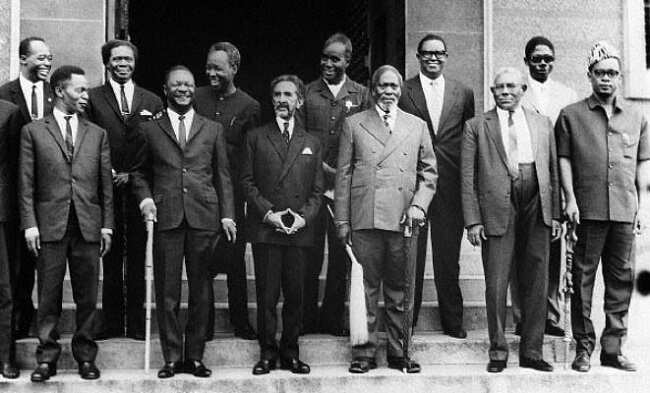
Source: Twitter
Cameroon
The West African country gained its independence from France on January 1, 1960.
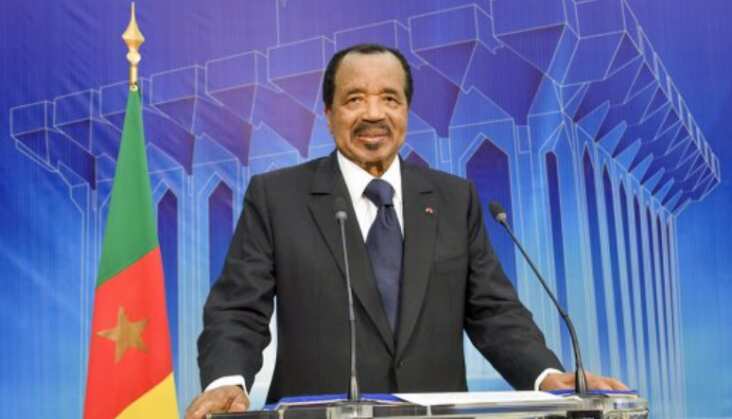
PAY ATTENTION: Subscribe to Digital Talk newsletter to receive must-know business stories and succeed BIG!
Cameroon was a former German colony which was divided between France and the United Kingdom in 1918.
Ahmadou Ahidjo, was elected as the first president of the country on May 5, 1960
Togo
The Republic of Togo gained its independence on April 27, 1960.
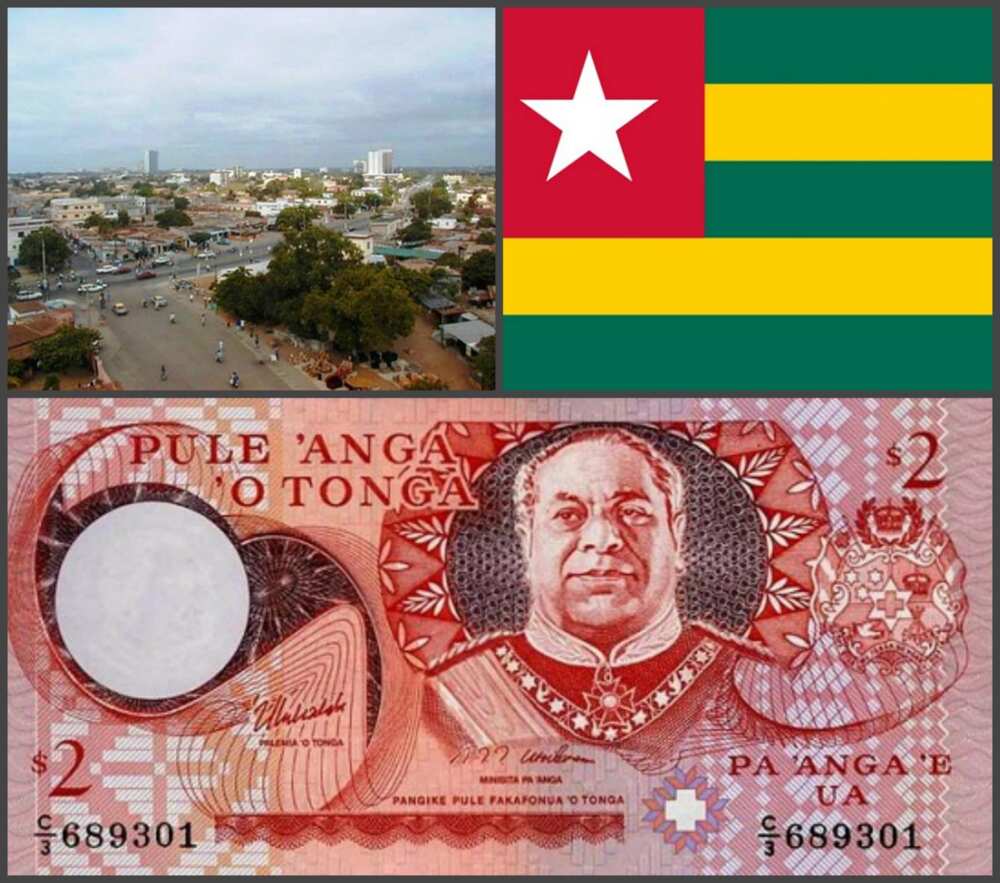
The country was a former colony of Germany until the end of World War I and was subsequently under French and British mandate.
Sylvanus Olympio became the first elected president of the republic. During the January 1963 coup d’etat in the country, he was killed.
Madagascar
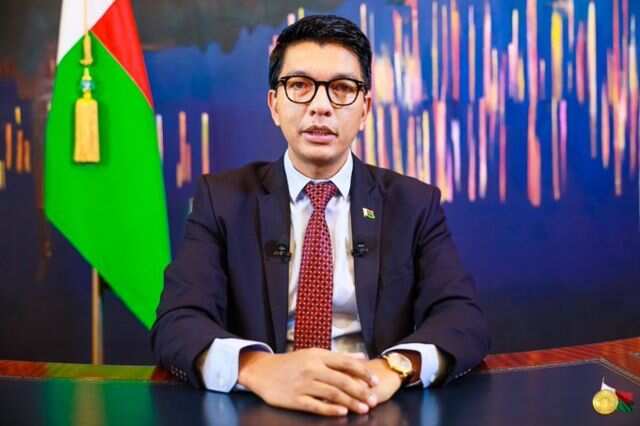
Source: Twitter
The republic gained its independence on June 26, 1960. As of 1946, it has been a French overseas territory.
In 1958, the Island declared an autonomous state within the French Community.
In 1960, President Philibert Tsiranana was able to convince General de Gaulle to grant Madagascar total sovereignty. He then became the first president of the island nation.

Read also
Nigeria's Independence: 11 photos from 6 decades showcasing historical events that can never be forgotten
Democratic Republic of Congo
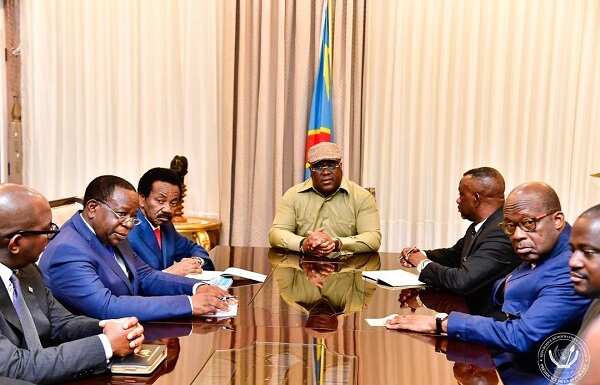
Congo gained its independence on June 30, 1960.
Under the leadership of Patrice Lumumba in 1959, a riot broke out in Leopoldville, now Kinshasa, what was referred to as the Belgian Congo.
The Belgian authority invited the main Congolese leaders to Brussels and decided to opt out of the country with a war of independence like the one ravaging Algeria at the time.
Somalia
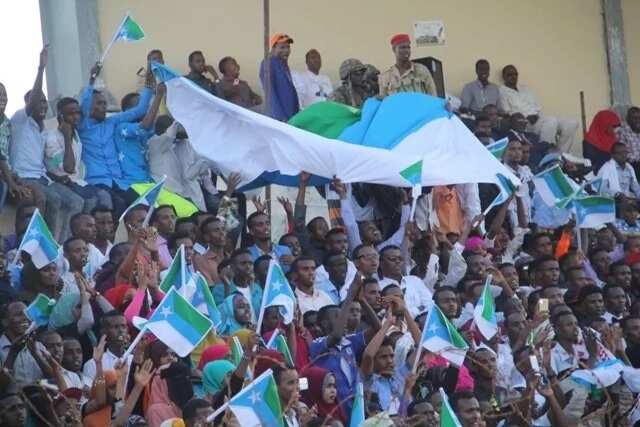
Somalia became independent on July 1, 1960.
The country was a former Italian colony, which merged when it became independent with the former British protectorate of Somaliland in 1960 to form the Somali Republic.
Benin
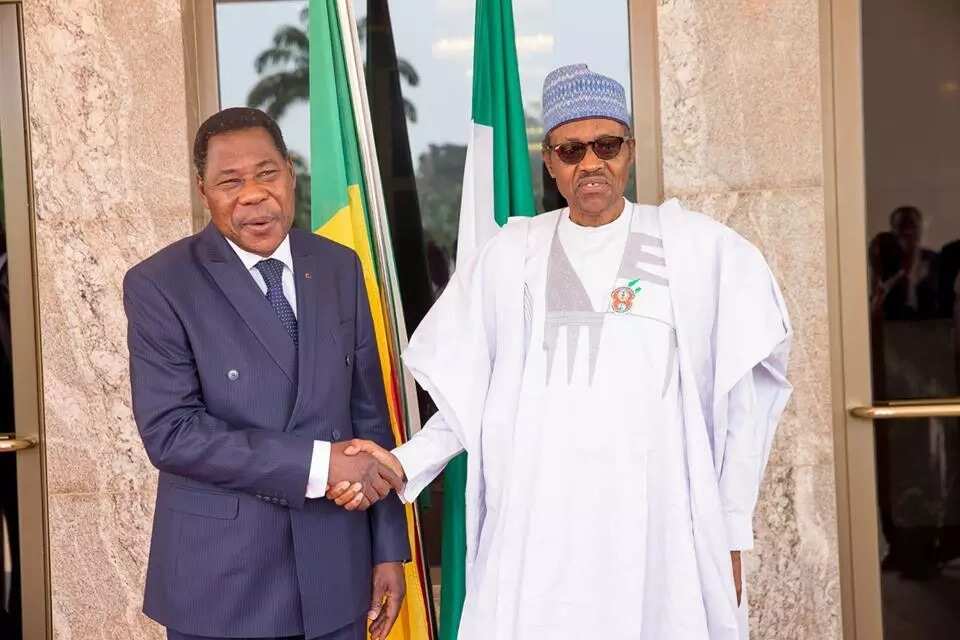
The Nigeria's neighbour gained its independence on August 1, 1960.
Following a referendum on September 28, 1958, which proposed a plan for a French-African Community, Dahomey became independent two years later, when power was transferred to President Hubert Maga.
The country was named Benin in 1975. It has had a tumultuous political history since its independence.
Niger
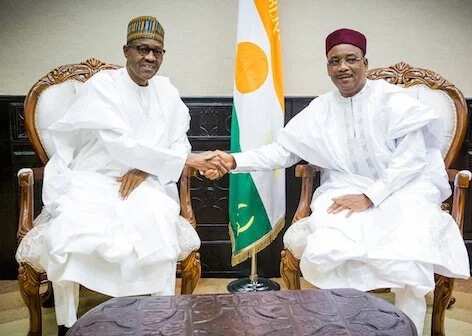
Niger gained its independence on August 3, 1960.
A referendum in 1958 gave Hamana Diori the power to govern the country.
Hamani, who was the country’s first president, was overthrown by a coup d’état in 1974.
Burkina Faso
Burkina Faso became independent on August 5, 1960.
As a French protectorate, the Republic of Upper Volta was proclaimed on December 11, 1958, but remained part of the French community before gaining full independence on August 5, 1960.
In 1984, the country changed its name to Burkina Faso under the presidency of Thomas Sankara, who was assassinated in 1987.
Ivory Coast

Ivory Coast gained its independence on August 7, 1960.
It became an autonomous republic after a referendum in 1958. In June of 1960, the pro-French Félix Houphouët-Boigny proclaimed the country’s independence but maintained close ties between Abidjan and Paris.
Ivory Coast is one of the most prosperous West African nations.
Chad
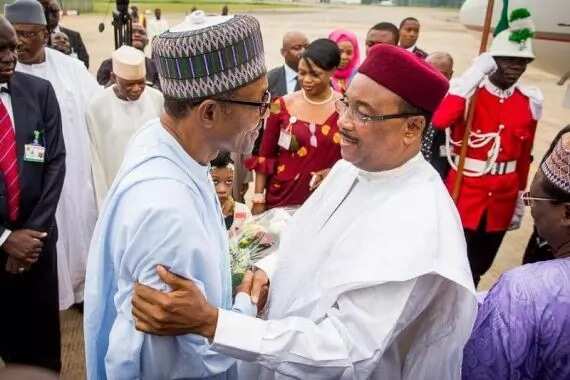
Chad gained independence on August 11, 1960, just two years after becoming a republic.
The then prime minister, François Tombalbaye, thus became the first president of a country that deteriorated rapidly into civil war between the Muslim north and the Christian-majority south.
The Central African Republic
On August 13, 1960, the Central African Republic gained its independence.
Under French control as of 1905, Ubangi-Chari became the Central African Republic on December 1, 1958.
David Decko, the cousin of the country’s national hero, Barthelemy Boganda, became the head of the country after its independence.
The Republic of the Congo
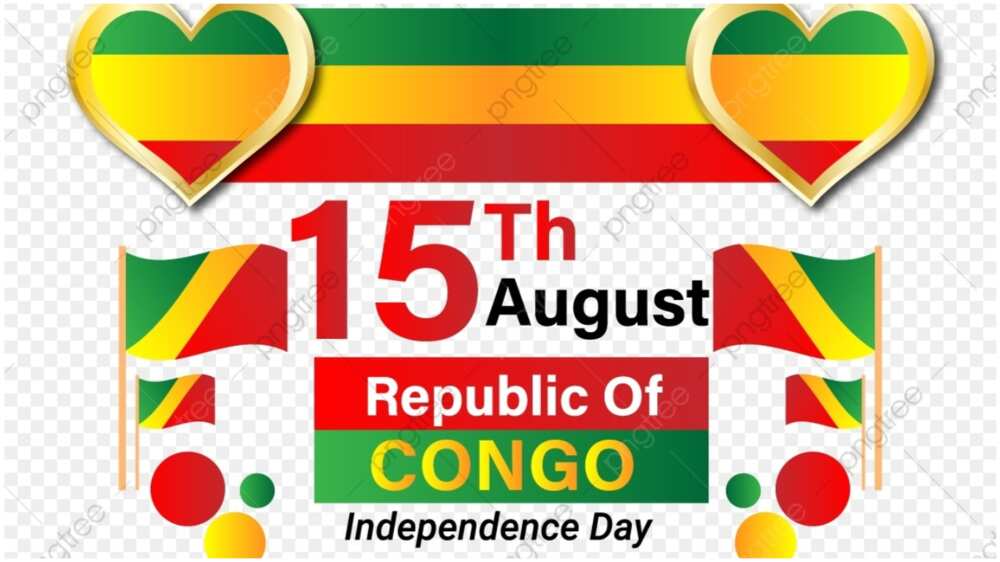
The Republic of the Congo gained its independence on August 15, 1960.
99% of the Congolese people voted to join the French community in the 1958 referendum, which made the country an autonomous republic.
The following year, violence broke out in Brazzaville, which triggered the French military to intervene.
Fulbert Youlou was its first president until 1963.
Gabon
Gabon became independent on August 17, 1960.
In 1910, Gabon became one of the four territories of French Equatorial Africa. On 15 July 1960, France agreed to Gabon becoming fully independent.
Criticised by several opposition parties for being anti-independence, Prime Minister Léon M’Ba nevertheless resigned to proclaim it on August 17.
He would have preferred that Gabon become a French department but had to back down when General de Gaulle refused.
Senegal
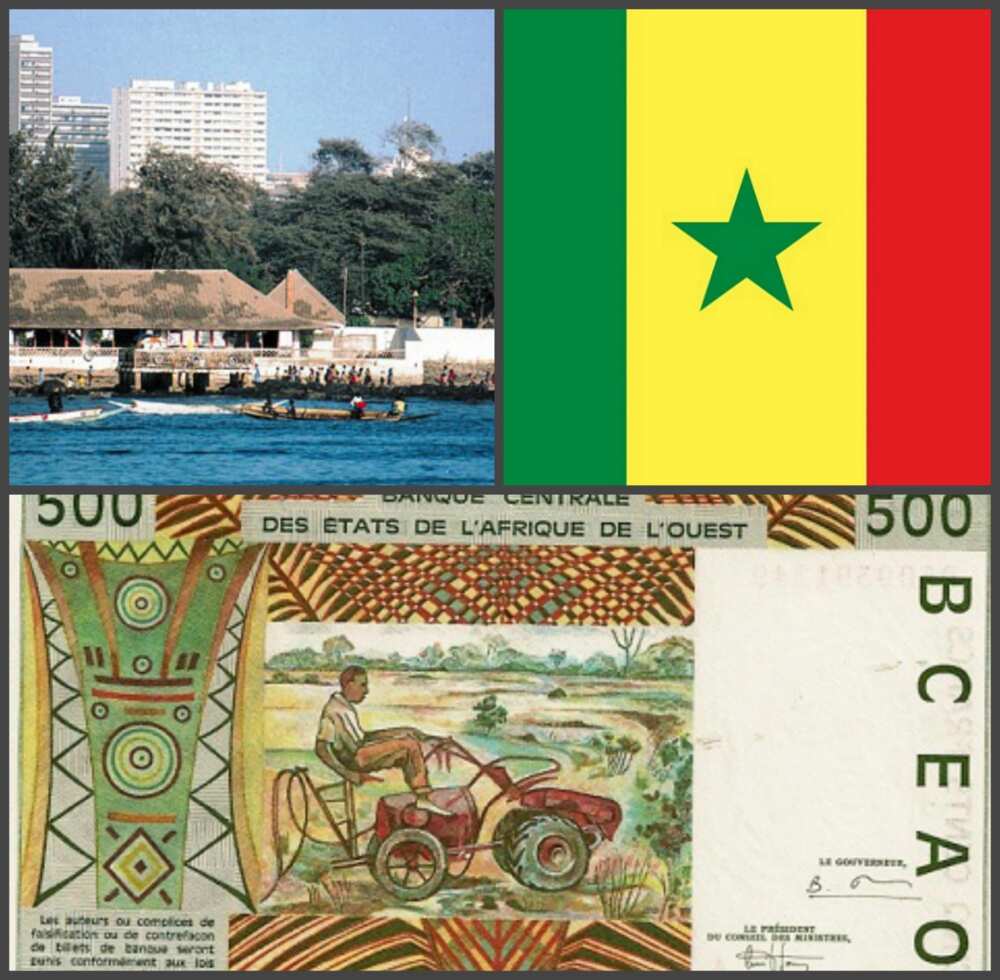
Senegal gained its independence as part of the Mali Federation on April 4 and became an independent nation on August 20, 1960.
The splitting was due to internal political conflict. French Sudan become the Republic of Mali, and Senegal formed the Republic of Senegal.
Léopold Sédar Senghor was Senegal’s first president in September 1960. Senghor was a very well-read man, educated in France. He was a poet and philosopher who personally drafted the Senegalese national anthem, “Pincez tous vos koras, frappez les balafons”.

Read also
2023 elections: Serious challenge thrown at Atiku, Tinubu as Peter Obi's degree, NYSC certificate emerge
Mali
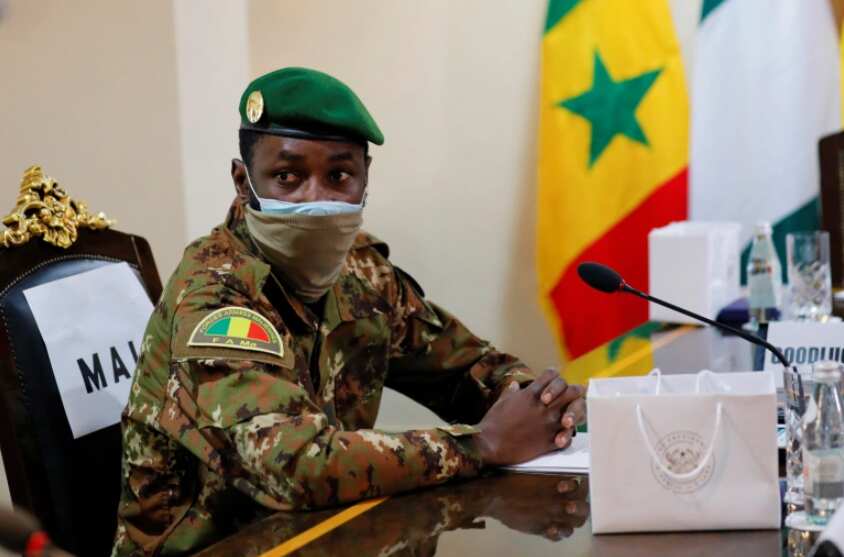
The Mali Federation gained independence from France on June 20, 1960.
Senegal split from the federation in August 1960. This allowed the Sudanese Republic to become the independent Republic of Mali on September 22, 1960, which is now considered the country’s Independence Day.
Modibo Keita became the country’s first president.
Nigeria
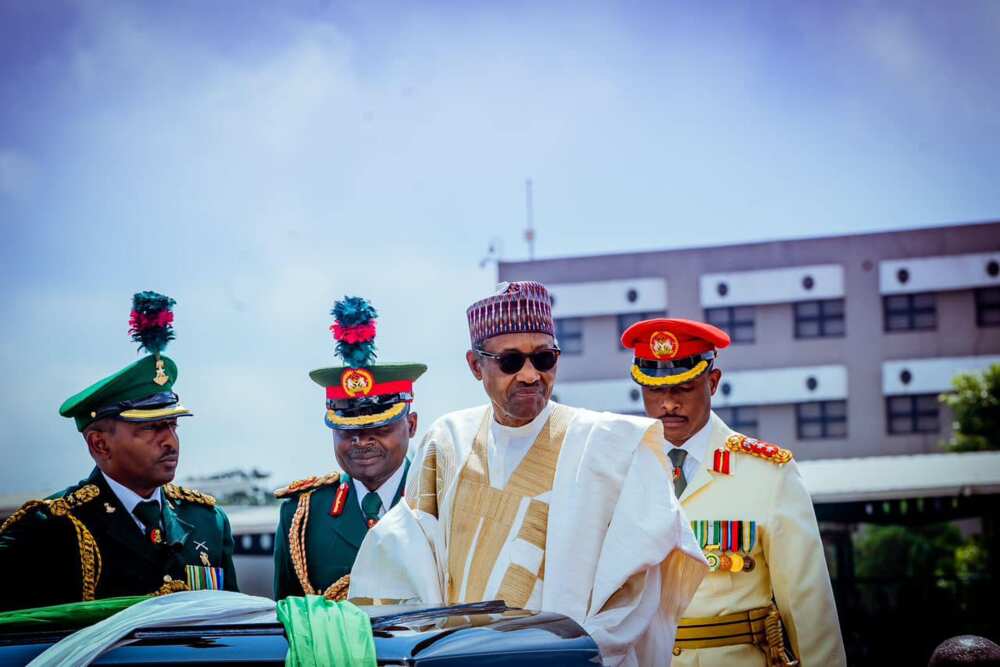
Nigeria gained its independence on October 1, 1960.
Divided into a federation of North, East, and West regions by the Lyttelton Constitution in 1954.
With its population of 34 million, Nigeria was already considered the giant of the African continent.
Mauritania
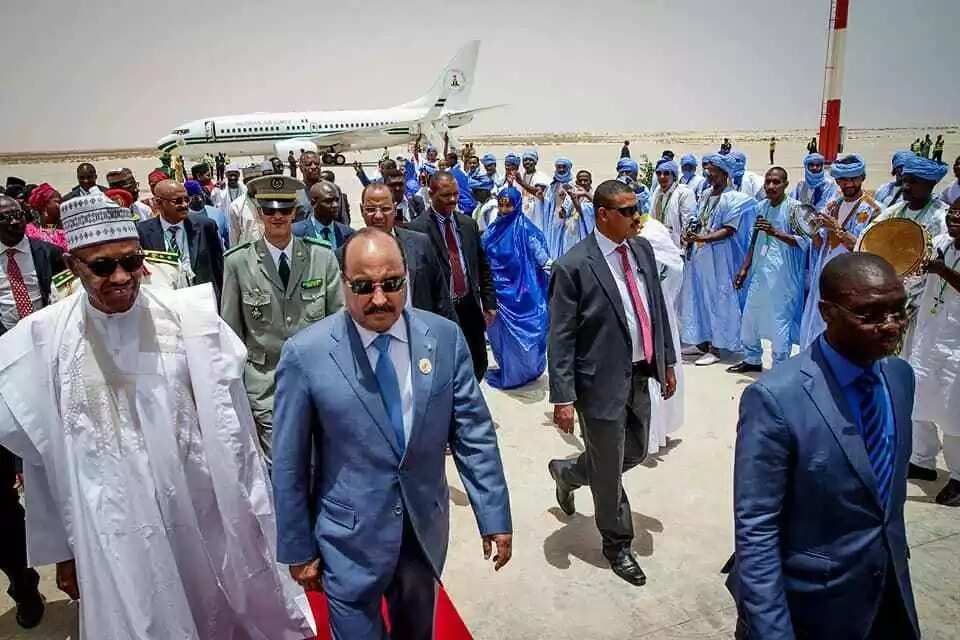
Mauritania gained its independence on November 28, 1960.
Mauritania proclaimed its independence, despite opposition from Morocco and the Arab League.
The country’s constitution, established in 1964, gave room to a presidential regime, with Prime Minister Ould Daddah becoming president. He remained in power until 1978.
Nigeria's 62nd Independence Day: 7 Fun Facts About The Most Populous Black Nation On Earth
Legit.ng earlier reported that on October 1, 2022, it would be 62 years since Nigeria gained its independence from the British empire, and it became a self-sovereign nation.
Nigeria, across the globe, is quite famous for many unique features that are only pertinent to the world's most populous.
Black nation on earth Legit.ng in this article highlights some of these unique features and facts about the West Africa giant as it celebrates its independence day.
Source: Legit.ng





